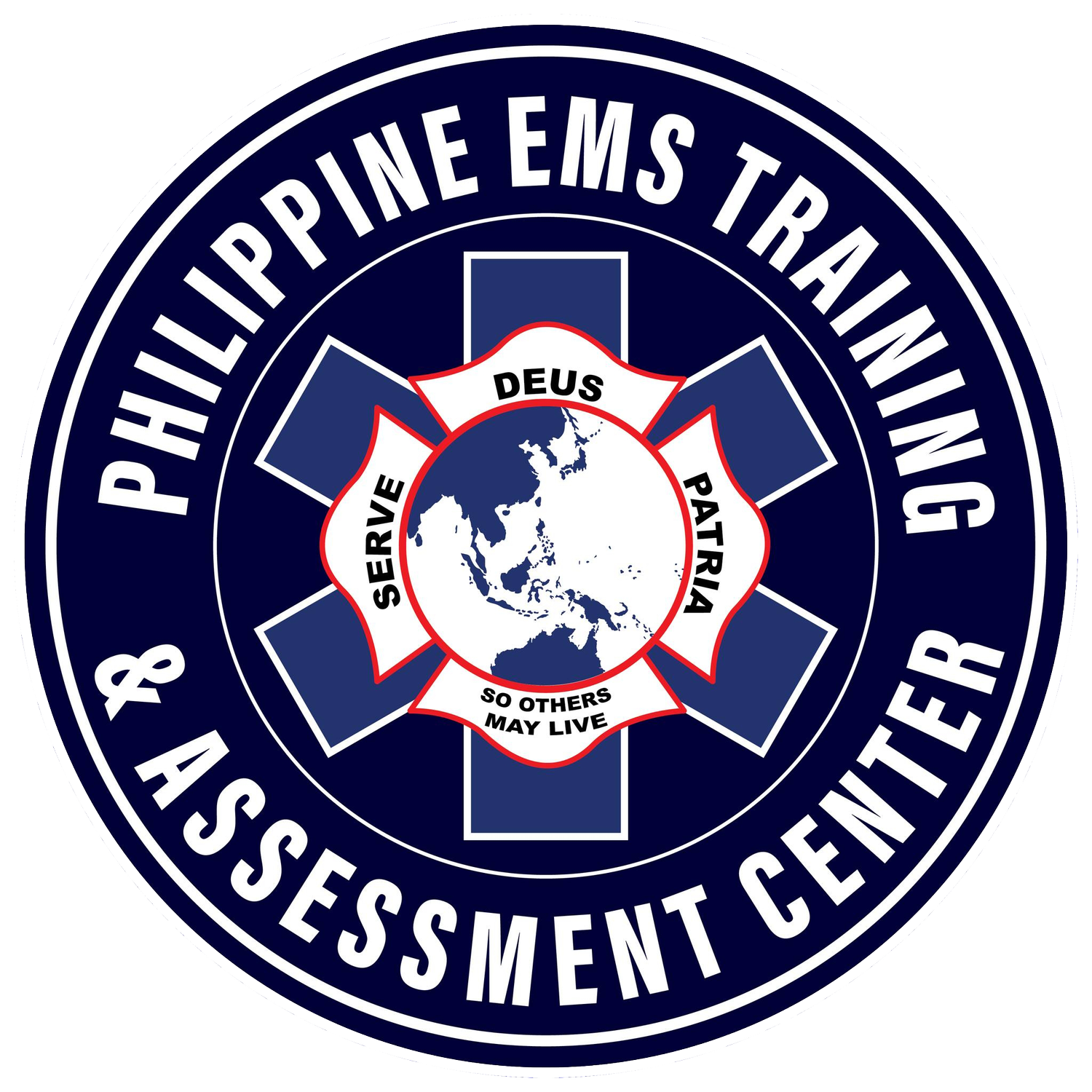What is EMS?
Emergency Medical Services, or EMS, is a system that responds to emergencies in need of highly skilled pre-hospital clinicians. EMS is more than just a ride to the hospital; it is a vital part of the healthcare system that provides immediate and often life-saving care to patients with acute illnesses or injuries. In this blog, I will explain why EMS is important, how it works, and what you can do to support it.
Why is EMS important?
EMS is important because it can make a difference between life and death, disability and recovery, for millions of people every year. According to the World Health Organization (WHO), injuries and violence cause 1 in 12 deaths worldwide, and many of them are preventable with timely and effective emergency care. EMS can also reduce the burden on hospitals and improve health outcomes for patients with non-traumatic conditions, such as heart attacks, strokes, asthma, and sepsis.
Some of the benefits of EMS are:
It reduces the time between the onset of an emergency and the delivery of appropriate care, which can improve survival and recovery rates.
It provides assessment, treatment, and stabilization of patients in the field, which can prevent further complications and reduce the need for invasive procedures.
It coordinates the transport of patients to the most suitable facility, which can optimize the use of resources and ensure continuity of care.
It supports the integration of emergency care with other services and systems, such as public health, emergency management, and public safety.
It contributes to the development of community-based services, such as health education, injury prevention, and vaccination programs.
How does EMS work?
EMS works by using specially trained people and specially equipped facilities to respond to emergencies. The main components of an EMS system are:
Agencies and organizations that provide or regulate EMS, such as government agencies, private companies, non-governmental organizations, and professional associations.
Data and information systems that collect, analyze, and share data on EMS performance, quality, and outcomes, such as registries, databases, and dashboards.
Communication and transportation networks that enable the dispatch, coordination, and transport of EMS personnel and patients, such as call centers, radios, phones, and vehicles.
Centers and facilities that provide emergency care, such as ambulance stations, emergency departments, trauma centers, and critical care units.
Personnel that deliver emergency care, such as paramedics, emergency medical technicians (EMTs), nurses, doctors, and dispatchers.
EMS personnel are trained and certified according to different levels of competence and scope of practice, depending on the local standards and regulations.
Some of the common roles and responsibilities of EMS personnel are:
Dispatchers: They receive and process emergency calls, and dispatch and coordinate EMS resources and other responders, such as police and fire.
EMTs: They provide basic life support, such as airway management, bleeding control, splinting, and CPR.
Paramedics: They provide advanced life support, such as intravenous fluids, medications, defibrillation, and intubation.
Nurses: They provide specialized care, such as triage, wound care, and pain management.
Doctors: They provide expert care, such as diagnosis, surgery, and critical care.
EMS personnel work together as a team, under the guidance of medical protocols and supervision, to assess, treat, and transport patients to the most appropriate facility. They also communicate and collaborate with other healthcare providers and emergency responders to ensure the best possible care for the patient.
What can you do to support EMS?
EMS is a valuable and essential service that deserves your support and appreciation. Here are some ways you can support EMS:
Learn and practice first aid and CPR, and teach others. This can help you save a life in an emergency, and assist EMS personnel when they arrive.
Know your local emergency number, and call it when you need EMS. Provide as much information as possible to the dispatcher, and follow their instructions. Do not hang up until they tell you to.
Do not call EMS for non-emergencies, such as minor injuries, chronic conditions, or routine check-ups. This can overload the system and delay the response to real emergencies.
Respect and cooperate with EMS personnel, and do not interfere with their work. They are there to help you and your loved ones, and they need your trust and support.
Recognize and appreciate the work of EMS personnel, and thank them for their service. They are often exposed to stressful and dangerous situations, and they deserve your gratitude and respect.
EMS is a system that responds to emergencies in need of highly skilled pre-hospital clinicians. EMS is important because it can save lives, reduce disability, and improve health outcomes. EMS works by using specially trained people and specially equipped facilities to provide emergency care. You can support EMS by learning first aid and CPR, calling the emergency number when needed, respecting and cooperating with EMS personnel, and thanking them for their service. EMS is a vital part of the healthcare system, and we should all support and appreciate it.

